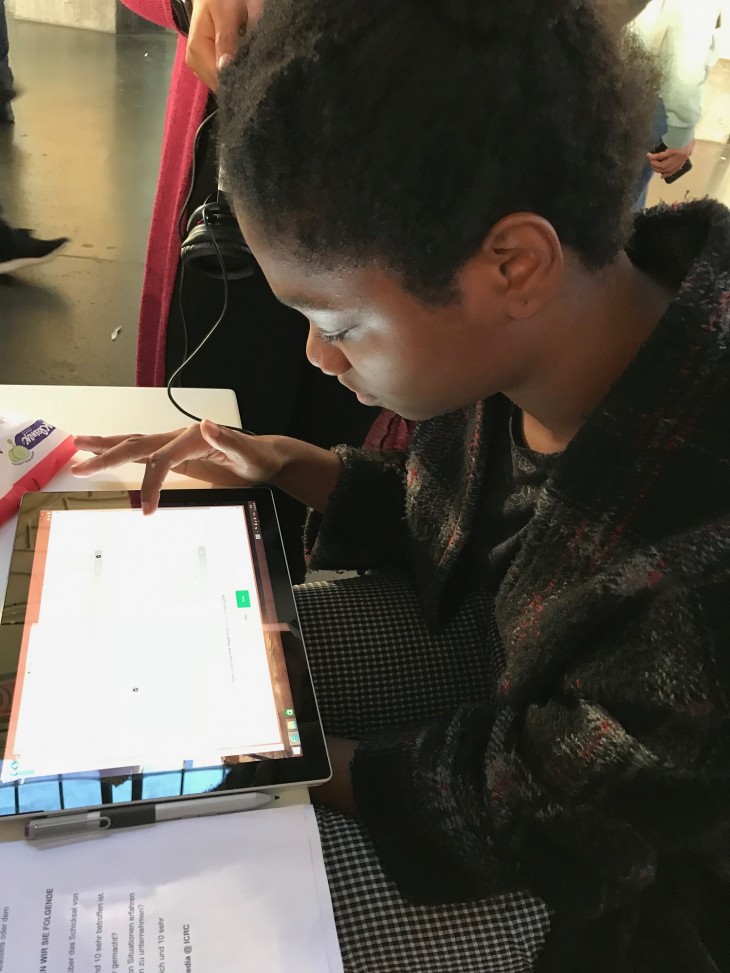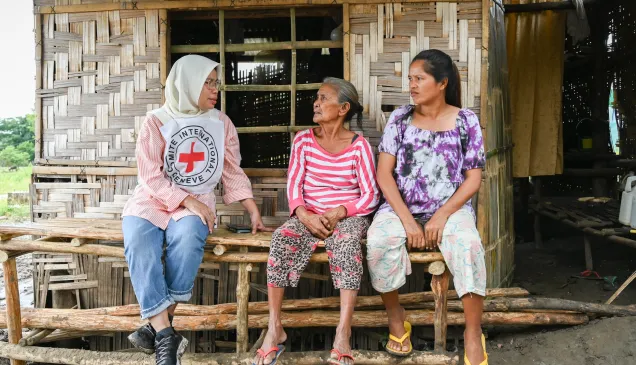From virtual to real: Why ICRC is testing VR’s empathy generating potential
The ICRC is asking people around the world to watch our new VR film 'The Right Choice' to explore VR's empathy-generating potential.
With our new interactive, virtual reality film, The Right Choice, produced with the support of Google's Daydream Impact program, we wanted to find out what you think. Fifty million people around the world bear the brunt of urban violence. Can VR engage a new audience to understand what that impact looks and feels like on the ground?

Download 'The Right Choice', and fill out this short survey before you start watching.
Warning: the film shows a very real depiction of war, with scenes of violence that may trigger strong emotions. We do not recommend it for people under 15 years of age.
The ICRC is showing 'The Right Choice' at events and public places around the world and is gathering data and feedback via a short online questionnaire. Findings will be shared in early 2019 with other charities, academic institutions, and policy makers.
The results will help us and others decide how best to use immersive technology to shed a light on the experience of civilians bearing the brunt of war in cities around the world. Audience insights from this experience have the potential to affect future investment in VR as a critical tool for education and awareness raising.
Using virtual reality at the ICRC is nothing new. A dedicated VR unit has been producing bespoke content to help educate authorities and armed factions about the rules of war for several years now. However, this is the first time the ICRC has used this medium for a more public-facing campaign.



